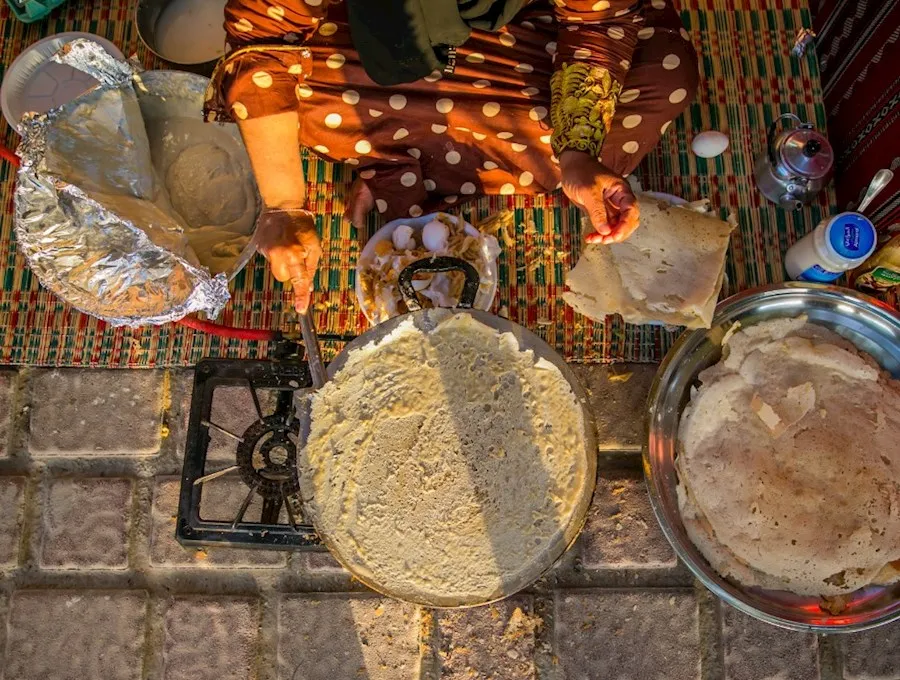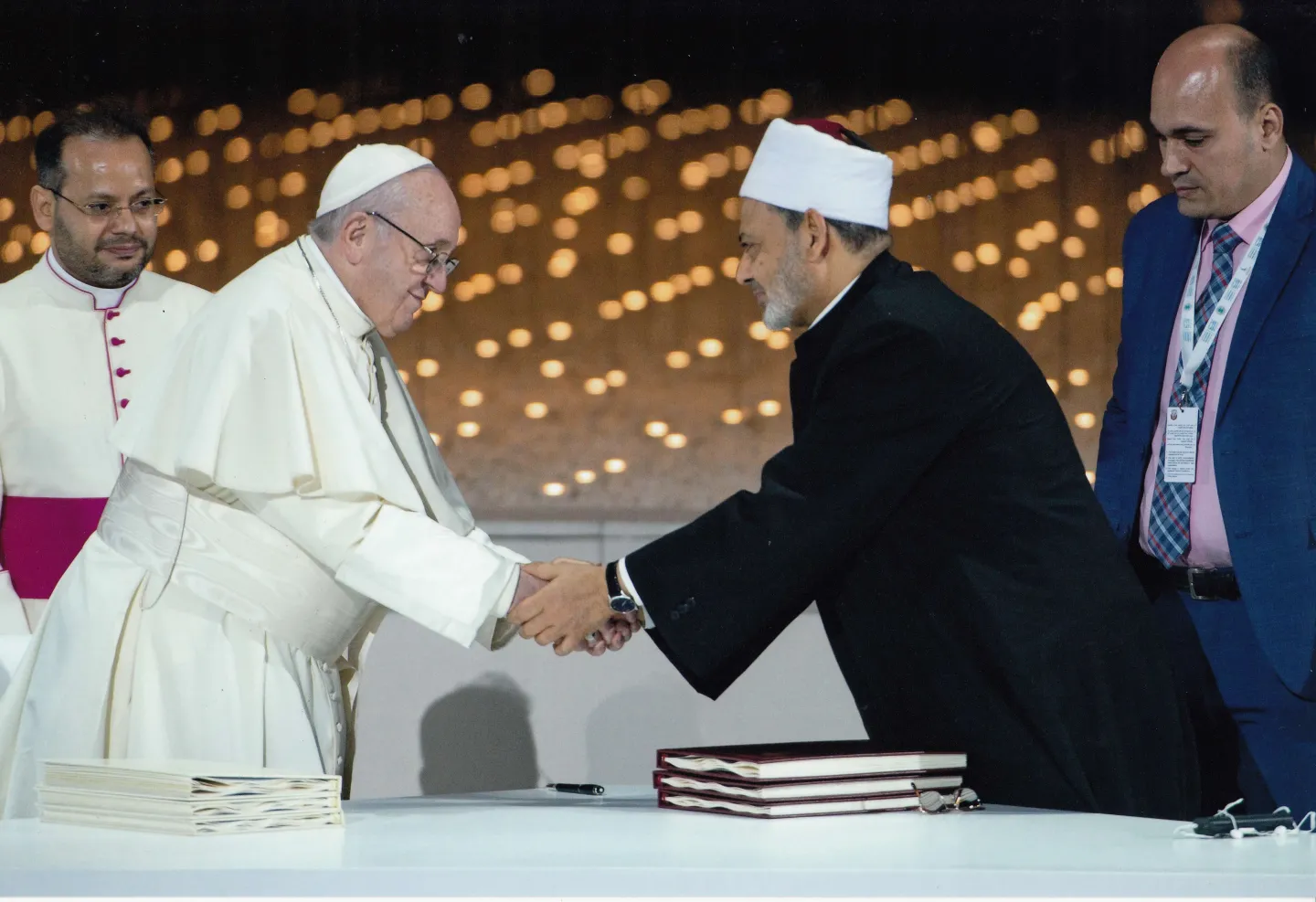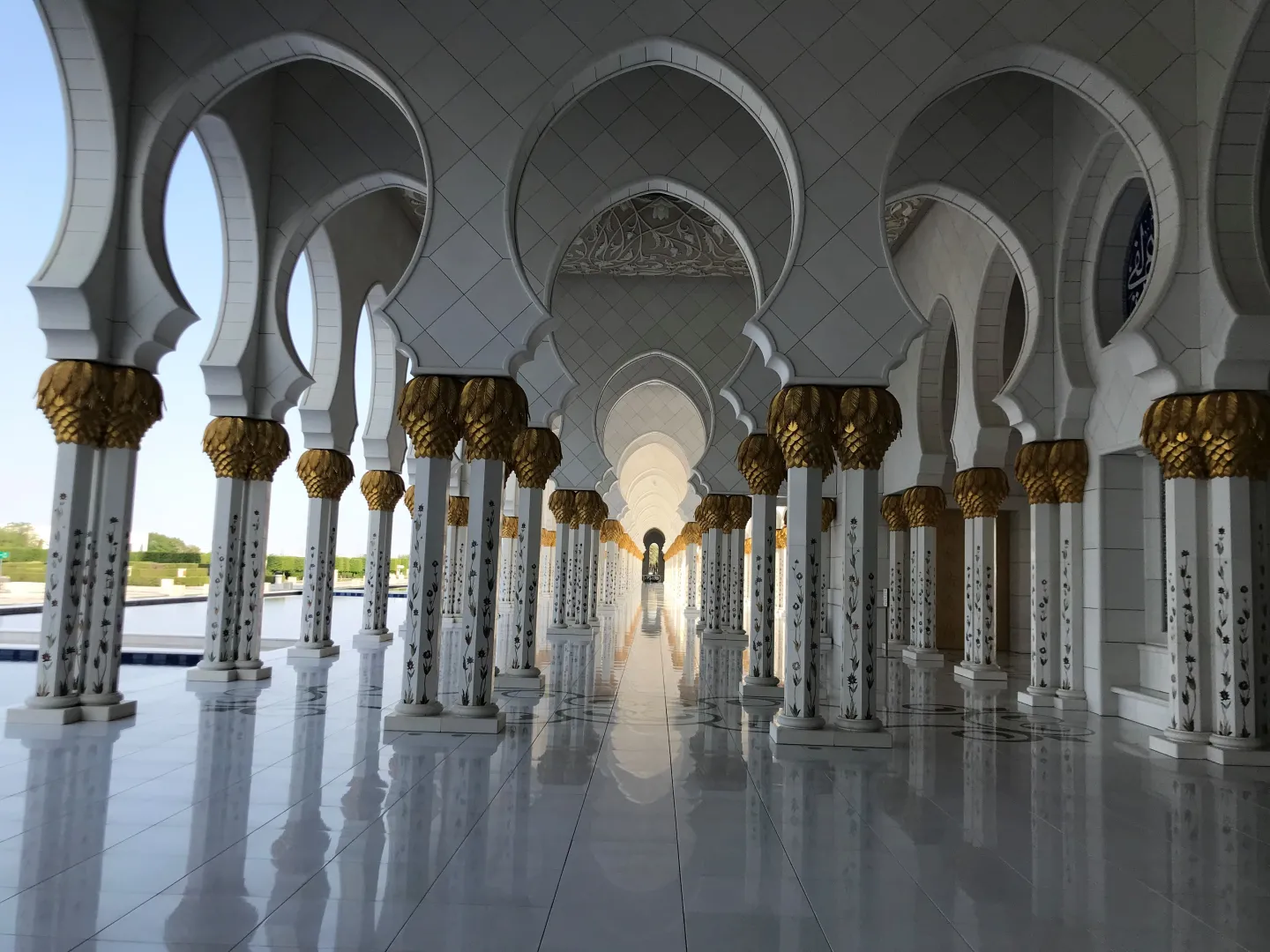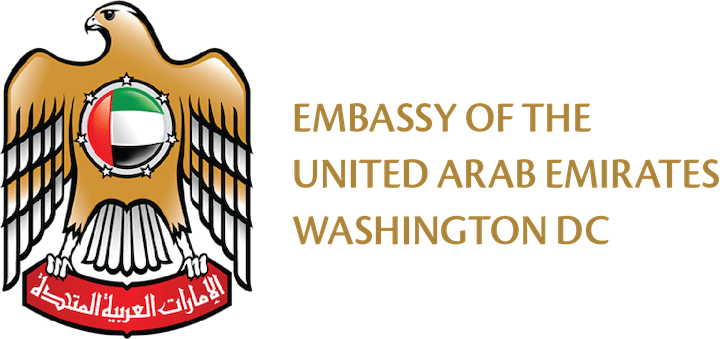Hospitality and generosity are two very important values in the Middle East. The region is known for its welcoming people, who are interested in learning about their guests and welcome them to experience their culture. Like traveling to any part of the world, tourists and visitors should be aware of how customs and traditions in the Middle East may differ from life in their home country. In general, Middle Eastern society is considered to be both more formal and more traditional than Western society. The information below, adapted from the Middle East Institute, serves as a guideline for visitors to make the most of their travels to the region and the United Arab Emirates, in particular.
Language
English and Arabic are the two most widely spoken languages in the UAE. However the UAE’s diverse population means visitors may also hear other languages like Urdu, Hindi or Pashtu. Arabic dialects are numerous, but several basic phrases are the same throughout the region, such as:
- Salaamu aleikum (“Peace be upon you,” used like “Hello”)
- The response: “Wa aleikum a-salaam” (“And unto you peace”)
- Ahlan wa sahlan (“Welcome,” very common of Arab hosts)
Food
Communal eating with shared dishes is common practice in the Middle East and is highly recognized as an expression of friendship.
- Hand-to-mouth eating is an important custom in many Muslim countries. However, guests should not eat with their left hand, which is considered unclean. In many places, it is also considered polite to leave a bit of food on one’s plate.
- Muslim tradition frowns upon consuming pork products and pork is not readily available at restaurants in the Middle East. Observant Muslims also consume Halal food, which involves a particular preparation of meat.
- When inviting you into their home or place of business, Arab hosts will always offer tea or coffee. Guests are recommended to accept the gesture.
- Observant Muslims do not drink alcohol or smoke. In the UAE, alcohol is served in most hotels but may not be available at other local establishments. If alcohol is not offered, it is better not to ask for it.

Islam
While the population in the UAE is made up of 200 different nationalities and many faiths, Islam is the predominant religion in the UAE. Islam is based on five pillars: Profession of Faith, Prayer, Fasting, Charity and Pilgrimage.
- Muslims pray five times a day: dawn, noon, afternoon, sunset and night. Muslims may pray in public places. In the workplace, a room or space is usually designated for prayer.
- Muslims observe a full month of fasting and festivities, called Ramadan. During Ramadan, Muslims abstain from eating, drinking and smoking between sunrise and sunset. When visiting the Middle East during Ramadan, it is respectful to refrain from eating, drinking or smoking in public or in front of staff or business associates during sunlight hours. Food will still be available at hotels for non-Muslim guests. Visitors are encouraged to extend the traditional greetings of Ramadan, “Ramadan Kareem” (“Happy – or blessed - Ramadan”).
- During Ramadan, families and friends break their fasts together at a hearty meal called iftar. If you are visiting a Muslim country during this month, attending an iftar is a great opportunity to learn more about family life and culture in the Middle East.
Other Religions
While Islam is the official religion of the UAE, the UAE government is committed to promoting values of inclusion and tolerance. With over 200 nationalities and countless faiths living together, the UAE is home to more than 40 churches, two Hindu temples, a Sikh temple and a Buddhist temple, which welcome multi-national congregations. The Abrahamic Family House, opened in February 2023, houses a mosque, church and synagogue side-by-side.




